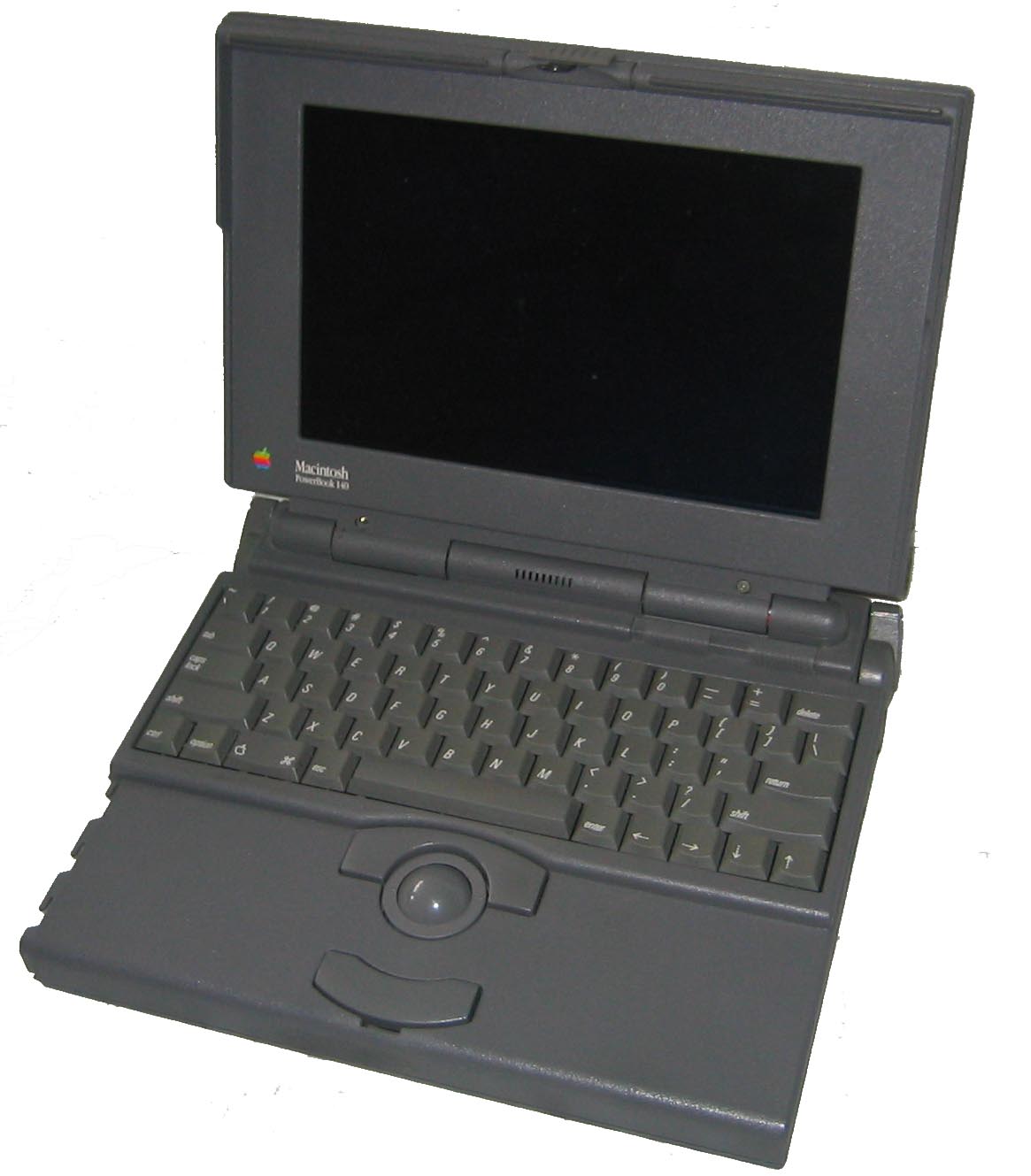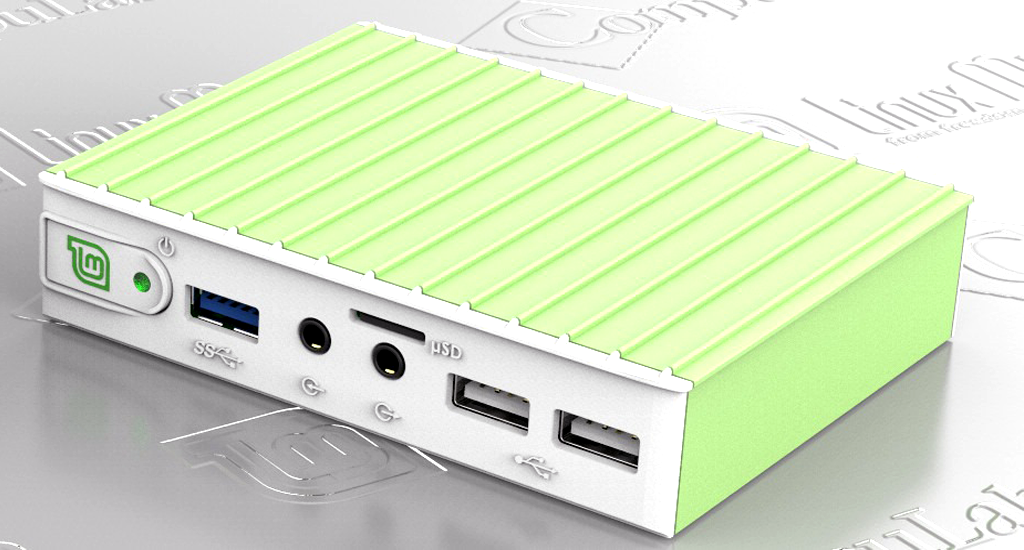For forty years vendors of computing equipment and their attendant programs have used power to sell products. A year on, and a revised product is unveiled as yet more powerful. At the same time, these devices are diverting energy from their primary task to run fans and other cooling equipment, in an attempt to mitigate the negative effects of their energy usage, notably the production of heat, that creates unbearable working environments for people, not to mention silicon.
Power architecture refers to IBM’s RISC microprocessors, promoted by power.org, used in the PowerPC and the Apple PowerBook. Power software was an IBM operating system enhancement package. Not to be outdone, Microsoft has PowerPoint, its slide presentation software, and PowerShell, a task automation and configuration management framework. Power is pervasive.

The computer industry is not the only sector to be obsessed with power. Vehicle manufacturers are worse. Not only do vehicles come equipped with factory air and cassette tape decks, there is an endless supply of power products, including power brakes, power steering, power windows, power seats and the more generic power accessories. People unable to understand kilowatts, can even use horsepower to express themselves, 1 HP = 746 W. Even the Swedish Amcar magazine is called Power.

Give me adequate power, but nothing more than that. Purchasing computers always involves compromise. Along with numerous Gigabyte Brix models, another desktop computer I considered before purchasing an Asus VivoMini VC65, was the CompuLab Mint Box Mini. It comes with Linux Mint pre-installed, but with the Mate desktop. It has 64 GB internal SSD storage, compared to the VC65’s 128 GB SSD and 1 TB HDD. While the Mint Box is fanless, the Asus retains a fan. I decided to purchase the Asus because it offered the best compromise, and was the only computer on my short list to have a DVD-reader.
Youtube Vlogger Joe Collins, in his Top 5 Mistakes New Linux Users Make, has several recommendations regarding equipment. Several of them are broken in the Mint Box Mini, including his advice to use Intel processors, and avoid AMD graphics cards. The Mint Box is powered by a 1GHz AMD A4 Micro-6400T 64bit Processor (Quad-Core), 4GB DDR3 Ram, AMD Radeon R3 Graphics and Realtek HD Audio.

I am truly thankful that the age of fanless computers has arrived. Miniaturization without excessive heat. Silence. I am equally thankful that the age of electric cars has also arrived, and an age of autonomous vehicles is on the horizon. If not silence, at least less noise. I will not mourn the disappearance of Harley-Davidson.

